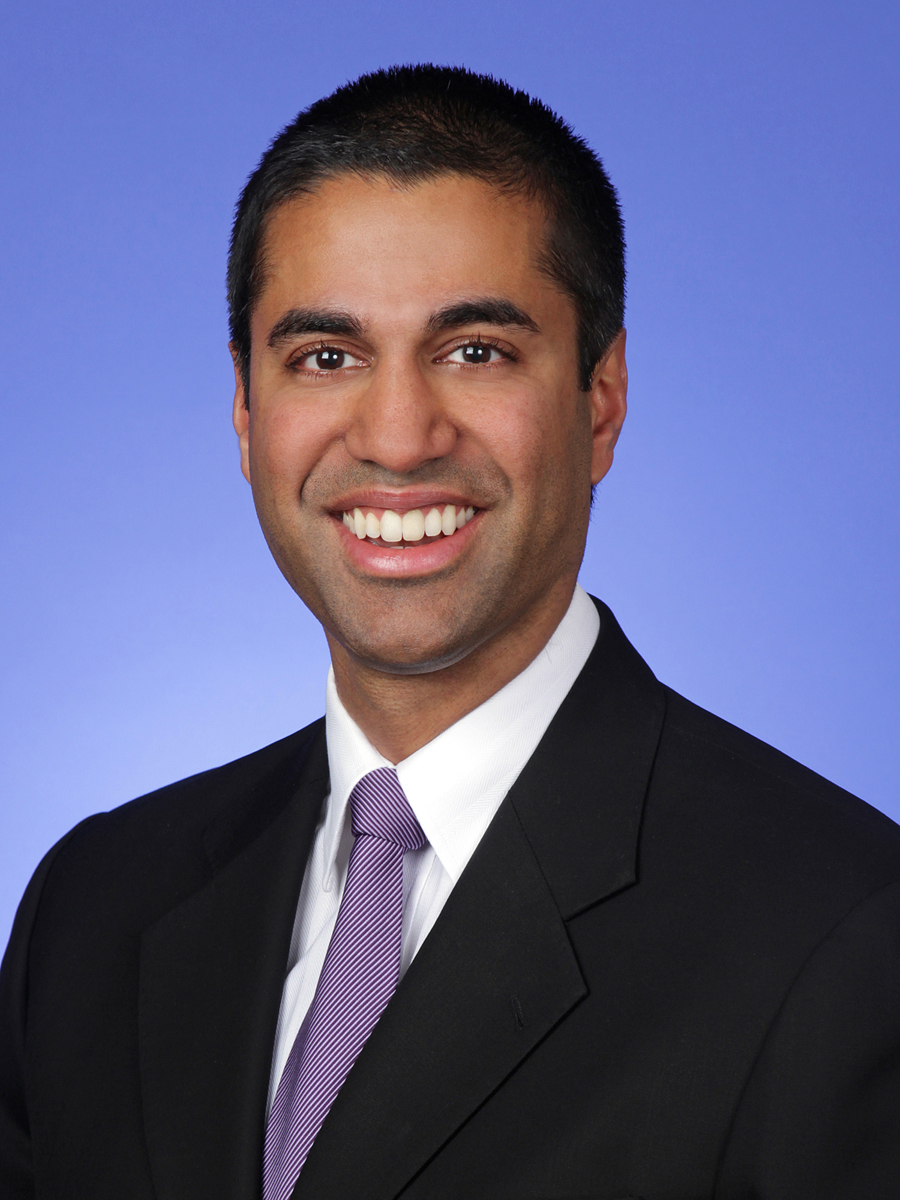Senate Dems Attempt To Reverse Net Neutrality Repeal With CRA
Senate Democrats have introduced a Congressional Review Act (CRA) resolution to reverse the repeal of net neutrality regulations. Currently, a coalition of 50 Senators has signed on to the initiative.
Senate Democrats said in January that they planned to introduce a CRA resolution in the Senate to reverse the FCC’s repeal of net neutrality regulation. Senator Ed Markey (D-MA) announced that the resolution was officially introduced. It’s going into the Senate with the backing of a total of 50 Senators (47 Democrats, two independent, one Republican). Sen. Markey has been urging one more Republican Senator to join the coalition’s cause so it can achieve the 51 majority needed pass the Senate. With only the current 50 senators behind it, the resolution will likely fail, with remaining votes falling along party lines and a tie-breaking vote from Vice President Pence.
The introduction of the CRA follows the formalization of the FCC’s plan to reclassify broadband services as non-common-carrier, now called the Restoring Internet Freedom Order. The CRA gives Congress 60 days from the publication of a law to review and undo it. For the resolution to be successful, however, it will also have to pass in the Republican-controlled House before being signed by the President, who can still veto it.
Even if the resolution does not pass, Democrats are looking to bring the net neutrality debate to the forefront of the public’s attention. To his fellow Senators, Sen. Markey tweeted “And when we take this vote on the Senate floor, every one of my colleagues will have to answer this simple question: Whose side are you on?”
The fight for net neutrality didn’t end with the December 4 vote. The Senators’ initiative was only one of many efforts to preserve net neutrality that began in the wake the FCC’s decision. Among the first were state-level executive orders that barred ISPs that didn’t comply with net neutrality principles from government contracts. States including New Jersey, Vermont, Maryland, and Tennessee, among others, have since enacted similar orders. This was followed by an attempt in the California Senate to regulate broadband services with state legislature, which the EFF said was likely to be overruled by federal court. Meanwhile, a coalition of 22 states claims that the FCC’s rollback of net neutrality is illegal and has made official its lawsuit against the organization.
Get Tom's Hardware's best news and in-depth reviews, straight to your inbox.
